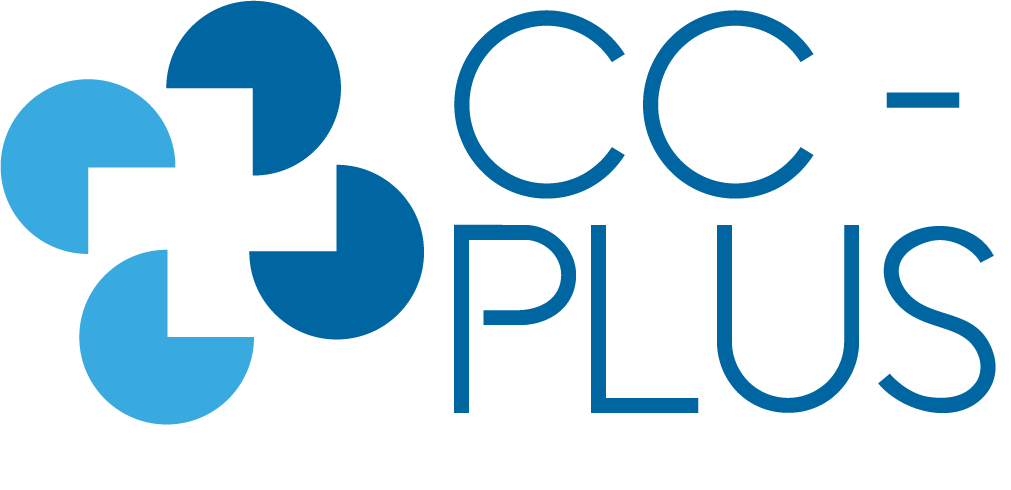The CC-PLUS Advisory Board met on March 25th. The Board was asked to review the current draft of the proposal for the IMLS National Leadership Grants for Libraries program, which is due tomorrow. Document and information needs from the planned partners were identified.
The project design for this third part of the CC-PLUS program was described for the Board. The project will be seeking three new volunteer roles: Product Owner, Technical Lead, and Community Organizer, and there are two major areas of work: technology and community. The technology component will be in two phases – core code development to add supplemental pieces of information, such as vendor-specific credentials, database processing efficiencies, etc., and an integration project, where CC-PLUS data is combined with another data source, such as cost. The community component will have three relevant groups – a Practitioner Community, Pilot Team, and Partnerships Team. The overarching goals of the third phase of this project are to reduce barriers to adoption of the software and build a community to sustain the program into the future.
The Board heard about the It Takes a Village beta testing coming up, which will involve facilitated activities to explore governance issues in the context of sustainability.
